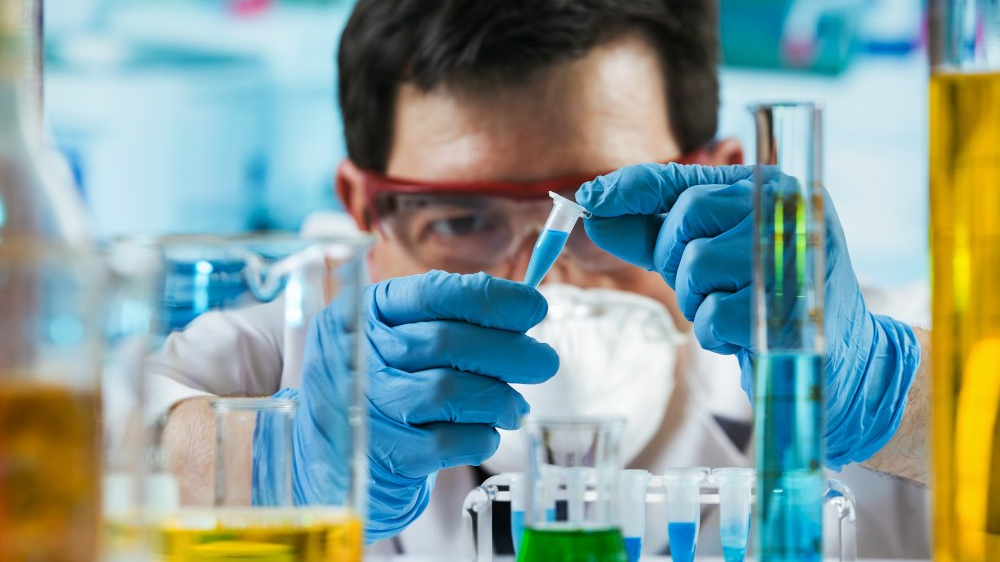
Chemical engineering is a versatile and dynamic field that combines principles of chemistry, physics, mathematics, biology, and economics to develop processes for the production, transformation, and proper use of chemicals, materials, and energy. Chemical engineers play a crucial role in designing, optimizing, and managing processes and equipment used in industries ranging from pharmaceuticals and energy to food and materials.
Course Overview
A chemical engineering course provides students with a thorough understanding of both the theoretical and practical aspects of chemical processes. The curriculum typically covers fundamental concepts in chemistry, thermodynamics, fluid dynamics, and reaction engineering, as well as specialized areas such as process design, materials science, and environmental engineering.
Key Areas of Study
-
Process Engineering
- Focuses on the design, operation, control, and optimization of chemical processes.
- Topics: Process design, process simulation, process control, and process optimization.
-
Thermodynamics
- Study of energy, heat, and work, and how they affect matter.
- Topics: Chemical thermodynamics, phase equilibria, reaction equilibria, and energy balances.
-
Reaction Engineering
- Deals with the design and analysis of chemical reactors.
- Topics: Kinetics of chemical reactions, reactor design, catalysis, and biochemical reactors.
-
Transport Phenomena
- Involves the study of momentum, heat, and mass transfer.
- Topics: Fluid mechanics, heat transfer, mass transfer, and separation processes.
-
Materials Science and Engineering
- Focuses on the properties and applications of materials.
- Topics: Polymers, ceramics, composites, nanomaterials, and materials characterization.
-
Environmental and Sustainable Engineering
- Application of chemical engineering principles to environmental protection and sustainability.
- Topics: Pollution control, waste management, renewable energy, and green chemistry.
-
Biochemical Engineering
- Combines chemical engineering with biological processes.
- Topics: Bioprocess engineering, fermentation technology, metabolic engineering, and bioreactor design.
-
Process Safety and Risk Management
- Ensures the safe operation of chemical plants and processes.
- Topics: Hazard analysis, safety systems, risk assessment, and regulatory compliance.
Course Structure
A typical chemical engineering course is structured over several years, starting with foundational courses in chemistry, physics, and mathematics, followed by more specialized chemical engineering courses. The curriculum may include:
-
Foundation Courses
- Mathematics: Calculus, differential equations, linear algebra, and statistics.
- Physics: Mechanics, thermodynamics, electromagnetism.
- Chemistry: General chemistry, organic chemistry, physical chemistry.
-
Core Chemical Engineering Courses
- Chemical process principles
- Thermodynamics and phase equilibria
- Fluid mechanics and transport phenomena
- Chemical reaction engineering
- Heat and mass transfer
-
Laboratory and Practical Work
- Hands-on experience in chemical engineering labs, including experiments in reaction kinetics, fluid dynamics, and process control.
-
Projects and Internships
- Capstone projects, internships in chemical, pharmaceutical, or energy companies, and research projects.
-
Elective Courses
- Students can choose electives based on their interests, such as polymer engineering, nanotechnology, or environmental engineering.
-
Interdisciplinary Studies
- Integration of knowledge from fields such as biology, materials science, and environmental science.
Career Opportunities
Graduates in chemical engineering can pursue a wide range of careers, including:
- Process Engineer: Designing and optimizing chemical processes in industries like oil and gas, pharmaceuticals, and food processing.
- Chemical Plant Manager: Overseeing operations in chemical plants, ensuring safety, efficiency, and compliance.
- Environmental Engineer: Working on projects related to pollution control, waste management, and environmental sustainability.
- Materials Engineer: Developing new materials with specific properties for various applications.
- Pharmaceutical Engineer: Working on the development and production of drugs and medical therapies.
- Biochemical Engineer: Applying chemical engineering principles to biological processes and bioproducts.
- Energy Engineer: Developing and improving processes for energy production, including renewable energy sources.
- Safety Engineer: Ensuring the safe design and operation of chemical processes and plants.
Top Institutions Offering Chemical Engineering
Many universities worldwide offer high-quality chemical engineering programs. Some of the top institutions include:
- Massachusetts Institute of Technology (MIT), USA
- Stanford University, USA
- University of California, Berkeley (UC Berkeley), USA
- California Institute of Technology (Caltech), USA
- ETH Zurich, Switzerland
- Imperial College London, UK
- University of Cambridge, UK
- National University of Singapore (NUS), Singapore
- Tsinghua University, China
- Indian Institute of Technology (IIT), India
Conclusion
Chemical engineering is a diverse and impactful field that offers numerous opportunities to contribute to various industries and address global challenges such as energy sustainability, environmental protection, and health. The discipline requires a strong foundation in chemistry, physics, and mathematics, along with specialized knowledge in chemical engineering principles. Graduates are well-prepared to work in a wide range of industries, from chemicals and pharmaceuticals to energy and environmental management, and to innovate in developing new processes and products.
